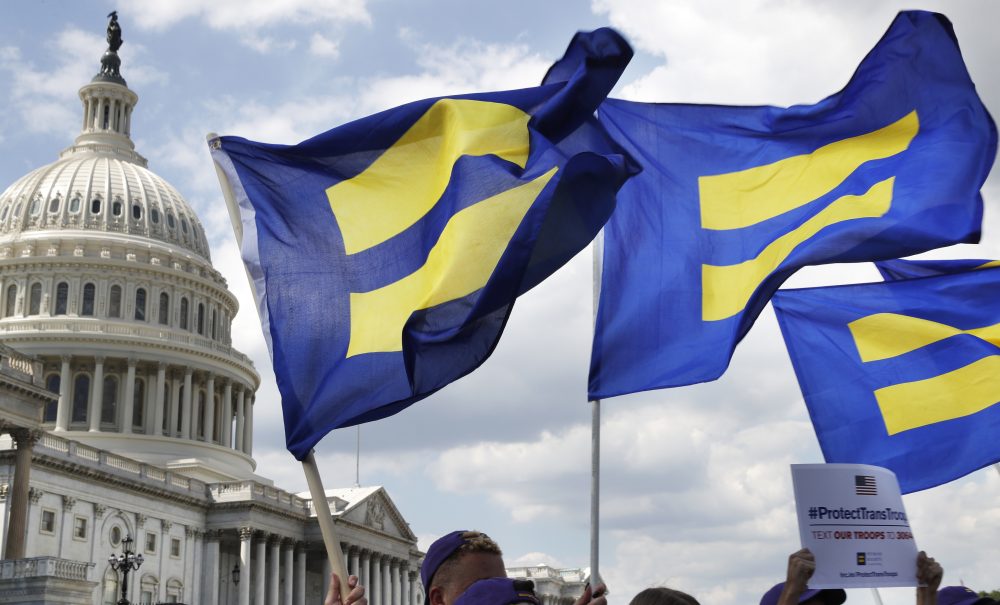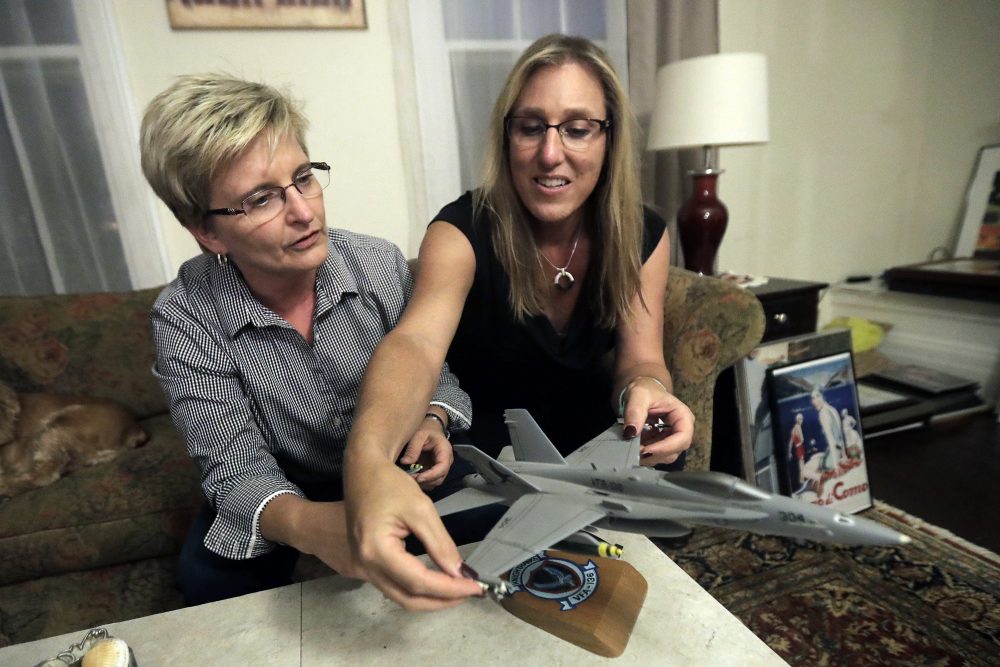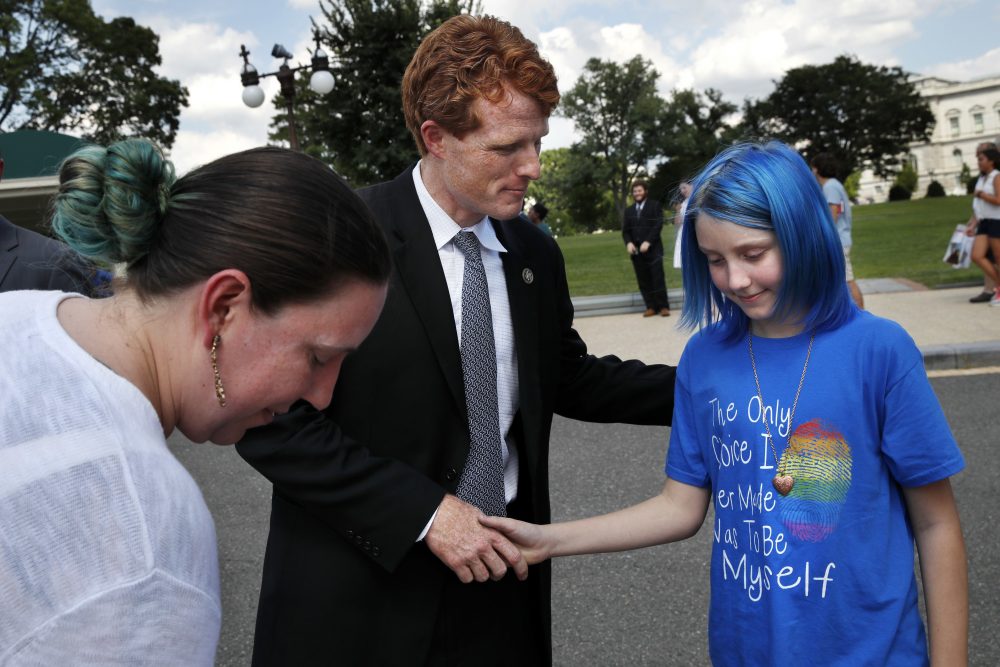Advertisement
Commentary
Trump's Transgender Military Ban Hurts More Than Just The Troops

The devastating impacts of the president's transgender military ban promise to extend far beyond the armed forces. The decision provides a license to those who bully and discriminate against transgender youth. It also undermines the first lady’s purported efforts to target bullying in an administration impervious to its effects.
For transgender service men and women, the latest pronouncement by the president is a significant setback from a hard-won struggle to serve openly.
Transgender individuals were not included in the 2011 repeal of “don’t ask, don’t tell,” leaving the estimated 15,000 transgender military members at continued risk of discharge if their status were known. After extensive continued efforts by advocates to alter this omission, Secretary of Defense Ash Carter announced in 2015 the creation of a working group to study the policy and readiness implications of welcoming transgender persons to serve openly. Importantly, the underlying assumption in his announcement was the statement that “transgender persons can serve openly without adverse impact on military effectiveness and readiness.”

The Department of Defense, assisted by the RAND Corporation, then spent a year studying the medical, legal and policy considerations, the experiences of other countries who welcome transgender individuals into the military, and the experiences of the private sector. As a result of this detailed data analysis and comprehensive conversations with military leaders and service men and women from all branches of the armed forces, Secretary Carter announced on June 30, 2016, that he was ending the ban on transgender Americans in the United States military.
That thoughtful, deliberative process was overturned in the blink of an ill-informed tweet. Referencing “tremendous medical costs” and “disruption,” Trump announced a ban on transgender individuals serving in the military that caught the Joint Chiefs of Staff by surprise.
Real facts can be stubborn things, however. RAND’s analysis highlighted that “even in the most extreme scenario,” military health care spending would increase a mere 0.13 percent. In contrast, the military spends more than 10 times as much on treatment for erectile dysfunction. Moreover, the experience of 18 other countries belies the notion that service by transgender men and women is disruptive.
In addition to the ban on transgender recruits, the president’s order leaves it to military commanders to determine if patriotic Americans currently serving their country should be dismissed solely because they are identified as transgender personnel.
But in actuality, the greatest disruption will be to the transgender individuals who seek to serve America, and the children and adolescents who view their president’s decision as another form of bullying and rejection. Research continually shows that transgender youth are subject to significantly higher rates of bullying, leading to higher rates of suicide and attempted suicide. Moreover, transgender students report not only discrimination from fellow students, but even from school officials.

Trump’s reversal of Secretary Carter’s policy ignored all the research and thoughtful deliberation that went into the decision to welcome transgender persons into the military. Even as it has no basis in any facts, the action taken by the commander-in-chief will serve as fodder to others who see a license to discriminate.
Another irony of a military ban announced via Twitter is its disconnect with Melania Trump’s commitment to speak out against bullying through social media as a centerpiece of her service as first lady. Even as her husband announces a new policy via a tweet that has the effect of bullying, the East Wing of the White House has remained silent on the topic.
Litigation had already commenced challenging Trump’s initial pronouncement, and additional lawsuits have been filed since his more recent memo implementing the ban. But the harm already done to transgender military personnel and young transgender Americans hoping to serve their country is incalculable.
Maintaining the world’s best military requires more than words. It requires a commitment to every individual who chooses to put their life on the line for the rest of us. At times when military men and women are most tested, our words should express profound gratitude for their courage and tenacity, not questions about their gender identity.